2021 continues to look bright for bitcoin as Morgan Stanley introduces bitcoin funds for the wealthy. Also, Chinese tech firm Meitu has added $21.6 million in bitcoin to its balance sheet. In this week’s news roundup, we will highlight the launch of Binance Smart Chain-powered Xend Finance in Africa and other top crypto stories.
BSC DeFi Platform Xend Finance launches in Africa
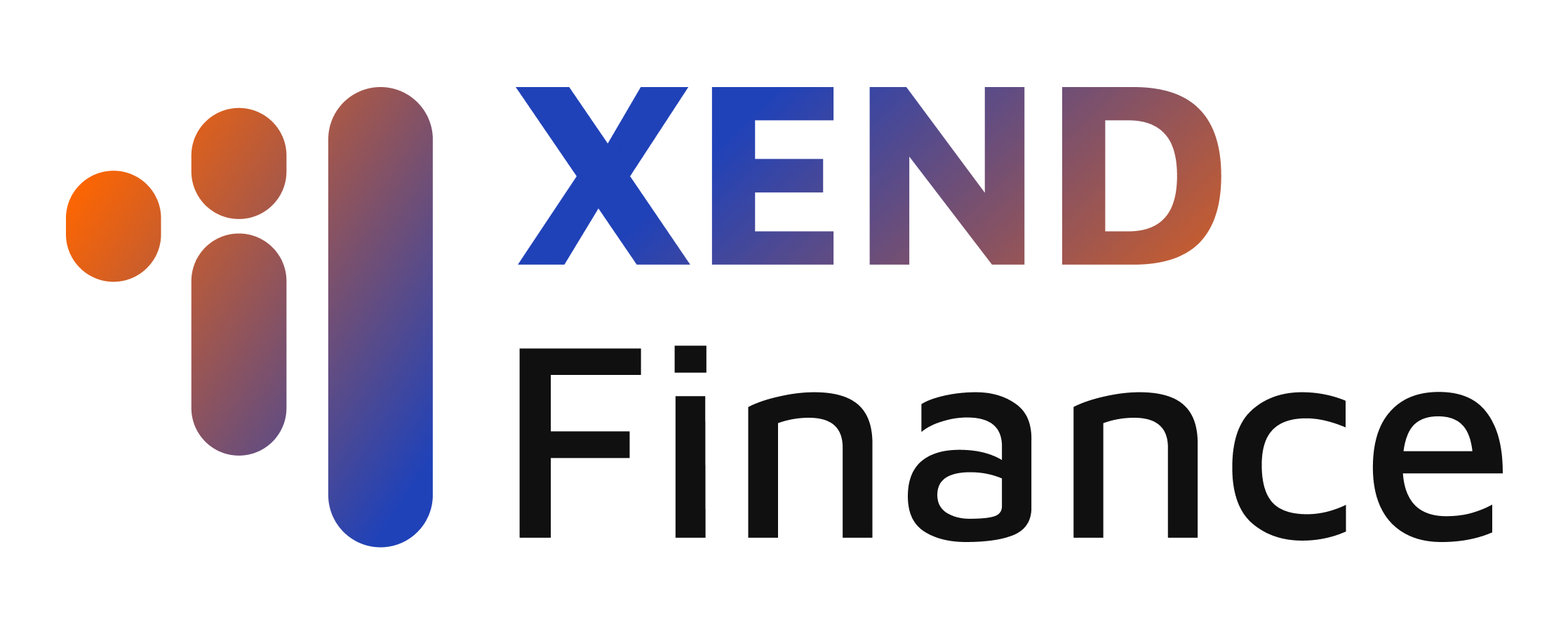 Xend Finance, a DeFi platform built on Binance Smart Chain (BSC) has launched in Africa. The credit union and cooperatives DeFi platform is now on the BSC mainnet. As a result, credit unions can access DeFi for their members.
Xend Finance, a DeFi platform built on Binance Smart Chain (BSC) has launched in Africa. The credit union and cooperatives DeFi platform is now on the BSC mainnet. As a result, credit unions can access DeFi for their members.
“Africa is one of the most important continents, representing the future and emergence of DeFi and blockchain capabilities,” said CZ, CEO of Binance. “We are very excited about the mainnet launch of Xend Finance […]. With their platform, they are able to bring stable currency and DeFi investment opportunities to those who normally would not have them.”
Xend Finance is making financial markets more accessible to underserved communities by offering DeFi and Annual Percentage Yields (APY). The platform also allows users to create cooperatives and Esusu groups (traditional Africa savings groups. Xend Finance has the backing of Binance and Google Launchpad.
“Through our platform and Binance Smart Chain, people can channel their savings into stable currencies, without worry that their money will devalue overnight, and earn higher interest rates through DeFi. We are very excited that blockchain will have a positive impact on the people of Africa,” said Ugochukwu Aronu, CEO of Xend Finance.
Xend Finance has also rolled out $XEND, a token that the company will use to reward platform users.
Dorsey’s NFT Tweet Sold for $2.9M
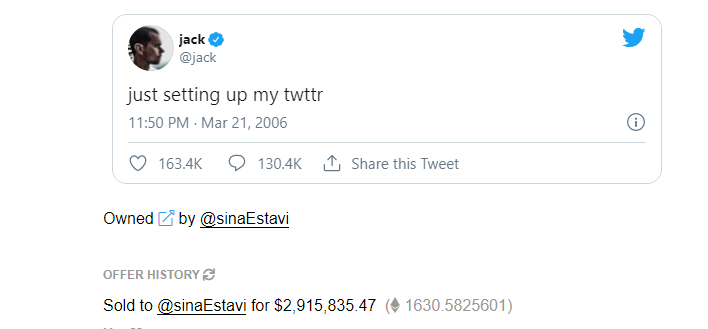
Jack Dorsey has sold his NFT tweet for $2,915,835.47 to Sina Estavi, the CEO of Malaysian blockchain company Bridge Oracle. The tweet received bids from different people including Tron’s founder Justin Sun who bid $2 million on March 6, 2021.
“This is not just a tweet! I think years later people will realize the true value of this tweet, like the Mona Lisa painting,” Estavi tweeted.
The proceeds of the NFT tweet will go to GiveDirectly in the form of a bitcoin donation. GiveDirectly is a charity organization that helps the poor in East Africa.
We Have Not Banned Nigerians from Trading Crypto, CBN Clarifies

GodwinPaya, CC BY-SA 4.0, via Wikimedia Commons
According to an article on Todayng, the CBN did not ban Nigerians from trading crypto. Through his deputy Adamu Lamtek, the CBN governor Godwin Emefiele said the central bank did not restrict Nigerians from buying and selling crypto through its directive in February 2021. Instead, the regulator was protecting “the banking sector from the activities of cryptocurrencies.”
“The CBN did not place restrictions on the use of cryptocurrencies and we are not discouraging people from trading in it. What we have just done was to prohibit transactions on cryptocurrencies in the banking sector,” he said.
This clarification could be a first step towards restoring a more regulatory-friendly environment for crypto in Nigeria.
Visa to Allow BTC Purchases Using Visa Credentials
On Fortune’s Leadership Next podcast, Visa’s CEO Al Kelly revealed that the company will allow customers to make bitcoin purchases using their credentials.
“We are trying to do two things; one is enable the purchase of Bitcoin on Visa credentials, and then secondly work with some Bitcoin wallets to allow the Bitcoin to be translated into a fiat currency,” he said.
According to Kelly, allowing instant conversion of BTC to local currencies would encourage about 70 million merchants in the world to start accepting bitcoin payments. Furthermore, Kelly disclosed that the company is working on a fiat-backed digital currency. “We see a strong potential for those to become a new payment vehicle and accelerant in emerging markets,” he stated.
Visa has so far collaborated with wallet providers and platforms like Crypto.com, BlockFi, Fold, and Boulevard.
To learn more about Bitcoin, download the Bitcoin Beginner’s Handbook for free.
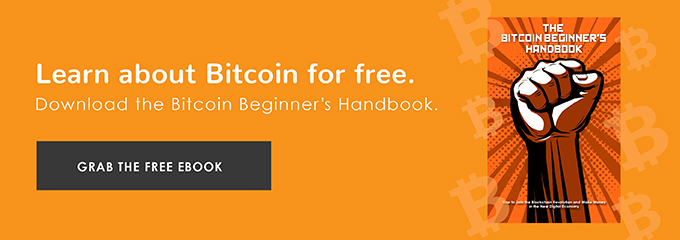

 Features3 years ago
Features3 years ago
 Bitcoin2 years ago
Bitcoin2 years ago
 Features3 years ago
Features3 years ago
 Features3 years ago
Features3 years ago
 Features3 years ago
Features3 years ago
 Features3 years ago
Features3 years ago
 Features8 months ago
Features8 months ago
 Bitcoin10 months ago
Bitcoin10 months ago
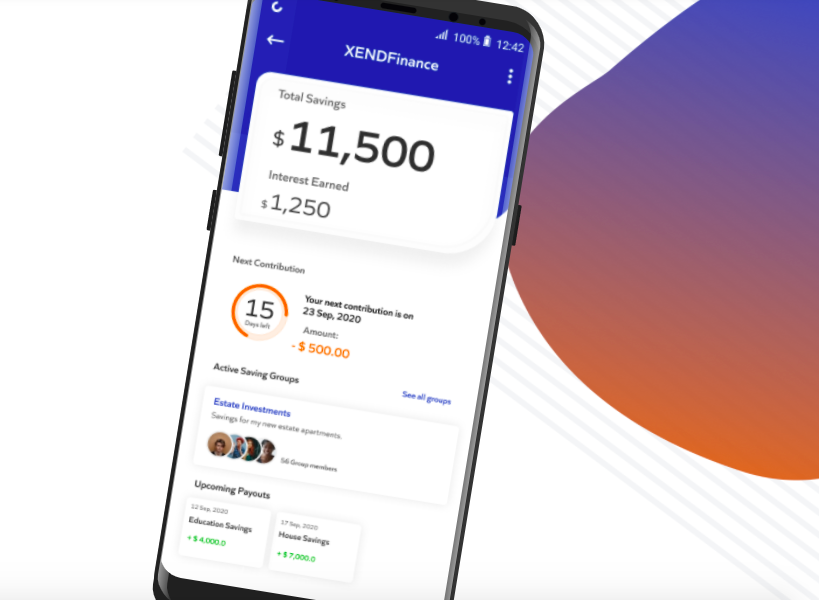














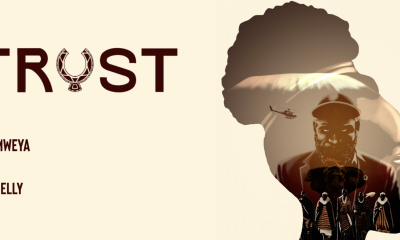








 Central African Republic (CAR) has set up a 15-member committee that will be responsible for developing a bill on the use of cryptocurrencies and tokenization in the region.
Central African Republic (CAR) has set up a 15-member committee that will be responsible for developing a bill on the use of cryptocurrencies and tokenization in the region.